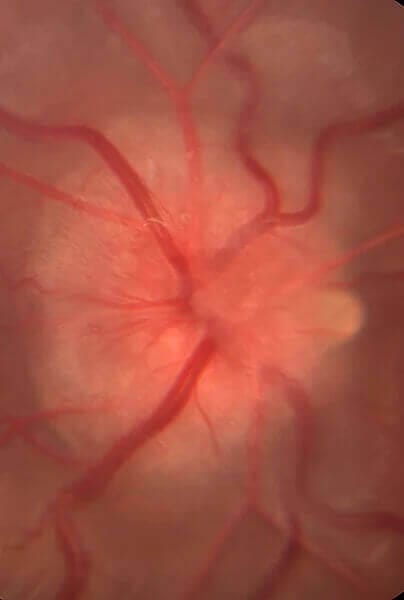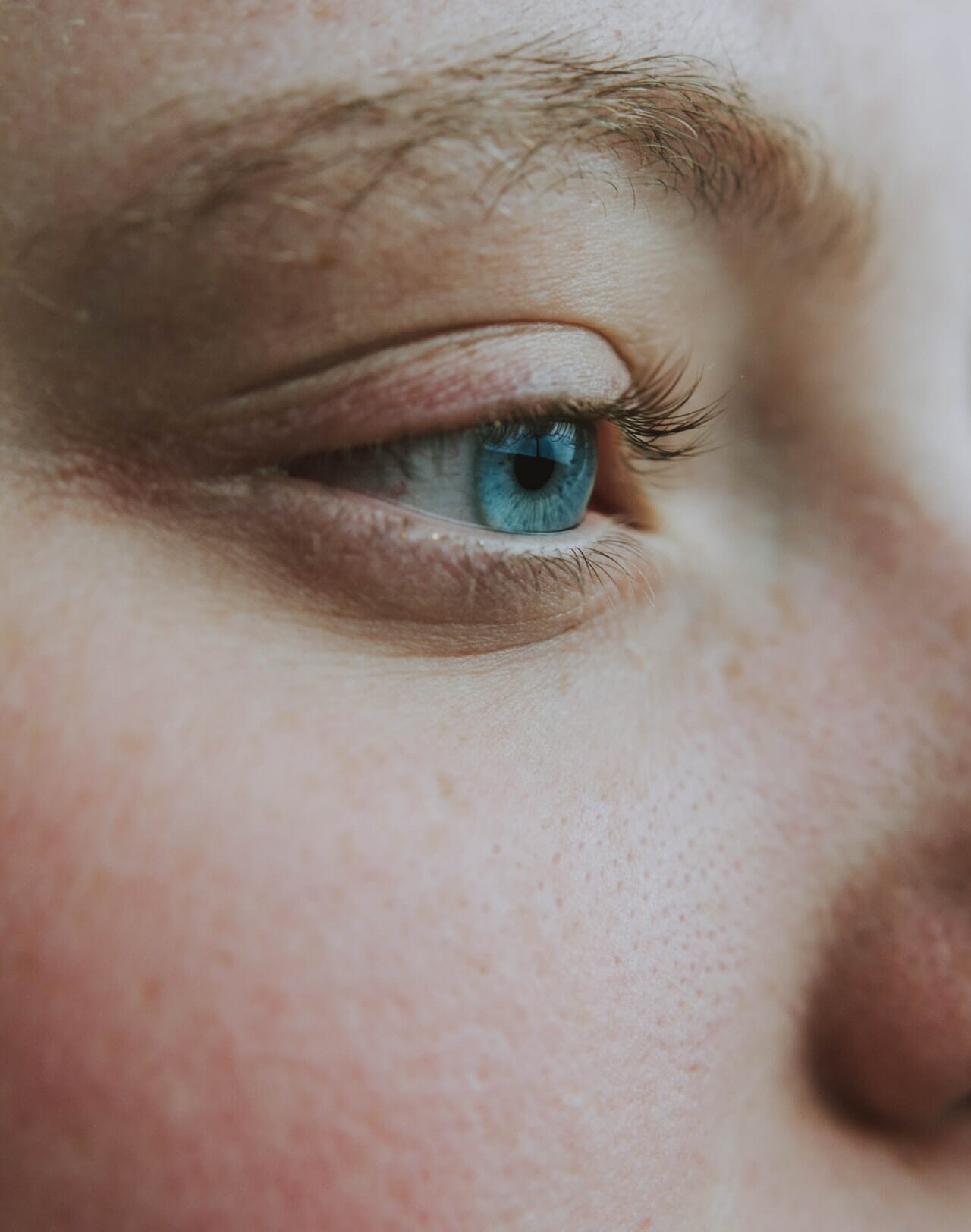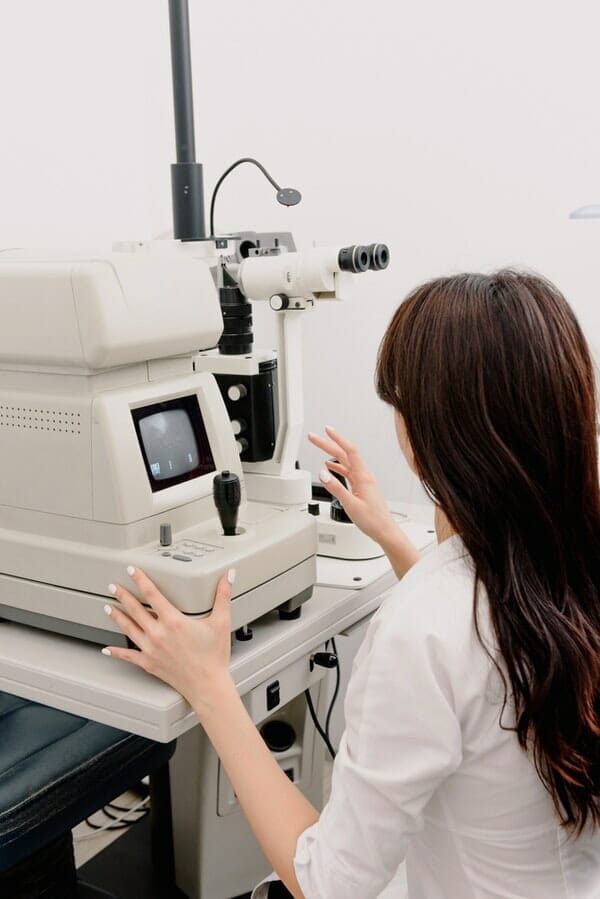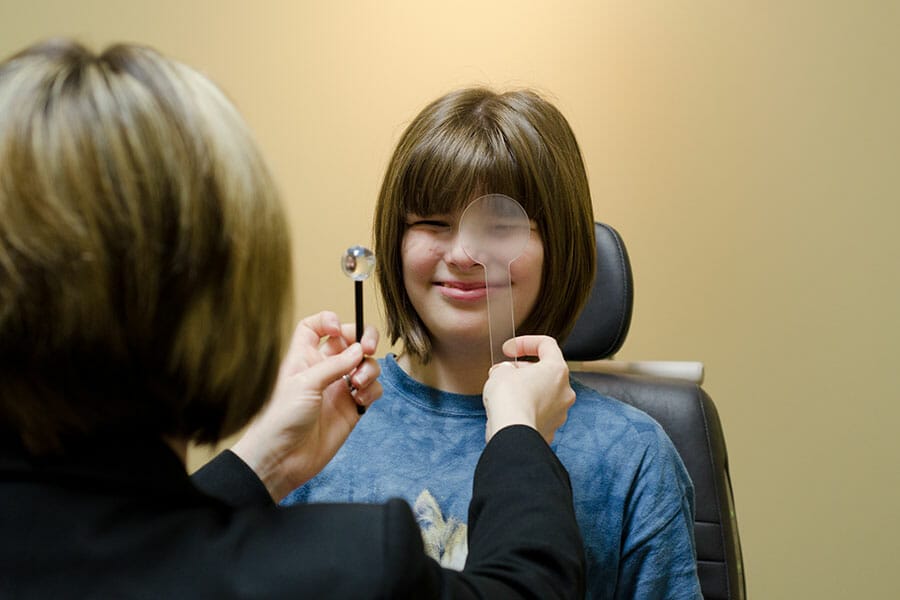Enhancing Vision in Patients with Multiple Sclerosis: A Guide to Treatment Options
Visual conditions resulting from multiple sclerosis (MS) are treated differently based on their cause, type, and severity. A personalized treatment plan is determined by our eye doctor based on the individual's symptoms and overall health. Normally a neuro optometrist will coordinate the patient's care with other members of the care team.
Neuro Optometric Rehabilitation
Neuro optometric rehabilitation helps improve vision and overall function in individuals with multiple sclerosis. This may include exercises to improve eye movements and strengthen eye muscles, as well as using filters and prisms to address specific symptoms. A neuro optometrist has extensive training and experience working with neurological conditions such as multiple sclerosis. Learn more about neuro optometric rehabilitation.
Low Vision and Assistive devices
Assistive devices, such as magnifying glasses, filters, and specialized lenses can be used to improve vision and reduce discomfort in individuals with multiple sclerosis. These devices can help magnify objects, reduce fatigue, improve contrast, and reduce glare. Learn more about low vision devices.
Dry Eye Treatment
It is important for individuals with MS who experience dry eye to speak with our eye doctor about treatment options, which may include the use of artificial tears, steroids, medications such as Restasis or Xiidra, punctal plugs, amniotic membranes, heating and expressing glands, and scleral lenses. It is also important for individuals with MS to have a full dry eye workup before attempting treatment to identify the underlying cause of dryness.
While dry eye is extremely common in patients with MS, there is some evidence of a higher incidence of Sjorgen’s in those with MS, and Sjorgens presents similar symptoms of dry eye. Learn more about dry eye treatment.
Anti Inflammatory medication
Corticosteroids are powerful anti-inflammatory drugs that are often used to treat various symptoms of multiple sclerosis, including visual conditions. They work by reducing the inflammation and swelling in the central nervous system that can cause vision problems.
Plasma exchange therapy
Plasma exchange therapy, also known as plasmapheresis, is a procedure that removes the plasma (the liquid part of the blood) and replaces it with fresh plasma or a plasma substitute. This therapy is sometimes used to treat visual conditions caused by multiple sclerosis as it can help reduce inflammation and improve vision.
Immunomodulatory drugs
Immunomodulatory drugs work by altering the immune system's response to the central nervous system. These drugs are often used to treat multiple sclerosis and can help reduce inflammation and improve vision. Some of the most common immunomodulatory drugs used for multiple sclerosis include interferon beta, glatiramer acetate, and natalizumab.
Optic nerve sheath decompression surgery
Optic nerve sheath decompression surgery is a procedure that involves removing a small piece of the protective sheath around the optic nerve to relieve pressure and improve blood flow. This surgery is sometimes used to treat visual conditions caused by multiple sclerosis that are not responding to other treatments.
Antiviral drugs
In specific cases, antiviral drugs may be used to treat visual conditions caused by multiple sclerosis. These drugs are used to treat infections that may contribute to vision problems, and may also help reduce inflammation and improve vision.

















